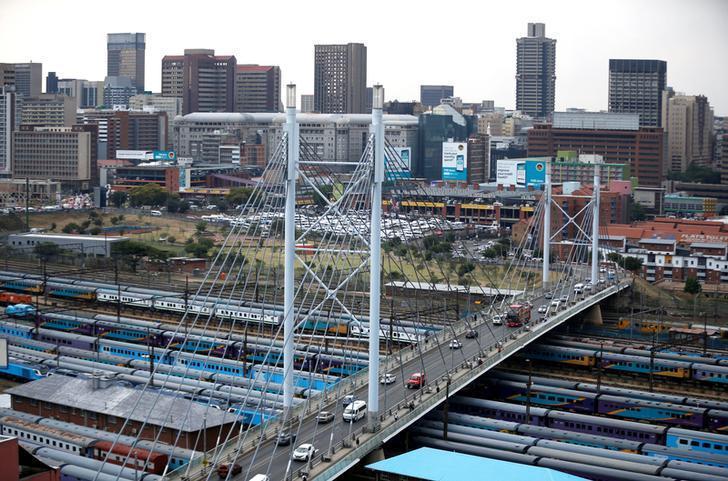Countries in Sub-Saharan Africa (SSA) still struggle to return to pre-pandemic economic growth, although most rated companies in the region have remained resilient to the impact of the war in Ukraine and slowdown in Chinese economy, according to the latest analysis.
So far, many businesses in SSA, particularly exporters, continue to see moderate impact from the ongoing turbulence and don’t see the urgency to tap into capital markets yet, as higher commodity prices tend to offset rising costs, S&P said.
“Increasing commodity prices are benefiting many key countries, but high debt burdens, elevated cost of debt and limited fiscal flexibility remain a drag on sovereigns’ credit quality, while rising food and energy prices, alongside a busy election cycle, will delay fiscal consolidation,” the ratings agency noted.
Commodity and energy prices have skyrocketed and financial conditions have tightened due to the Russia-Ukraine conflict, fuelling recession fears. According to the World Bank, food and energy will remain expensive for the next three years.
Economic growth
As for the economies in SSA, there are no signs that the course will change soon. According to S&P, the region’s recovery from the pandemic is still lagging that in other markets.
Economic growth in several countries, including Angola, D.R. Congo, Ethiopia, Ghana, Kenya, Nigeria and South Africa remains “short of pre-pandemic trends” and their forecast GDP growth rates aren’t sufficient for the countries to return to their “former trajectories”, except for Kenya.
“[However], high prices for primary energy and metals will help stoke investments and help reduce external imbalances, support currencies and boost economic growth, notably in Angola, and to a lesser degree South Africa.”
Households in the region are also expected to feel the impact of rising food and energy prices, but it is not clear whether governments will provide economic relief through subsidies and other support measures.
“High inflation will force regulators to walk a fine line between providing subsidies and other support measures, and raising prices at the pump, while the threat of rising interest rates amid the slow economic recovery could exacerbate the financing of sizable public debt,” S&P said.
The International Monetary Fund (IMF) had warned that rolling out across-the-board price subsidies, controls and other measures to tame inflation could be costly. Countries are instead advised to provide “temporary and targeted” relief support to households that are most vulnerable to rising inflation.
(Reporting by Cleofe Maceda; editing by Seban Scaria)
Cleofe.maceda@lseg.com



